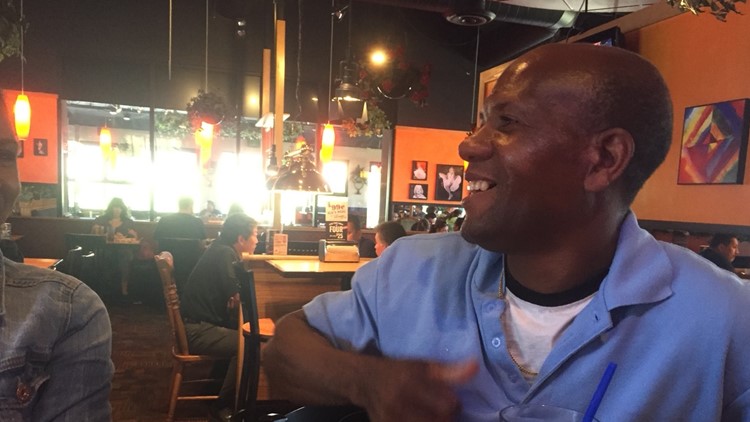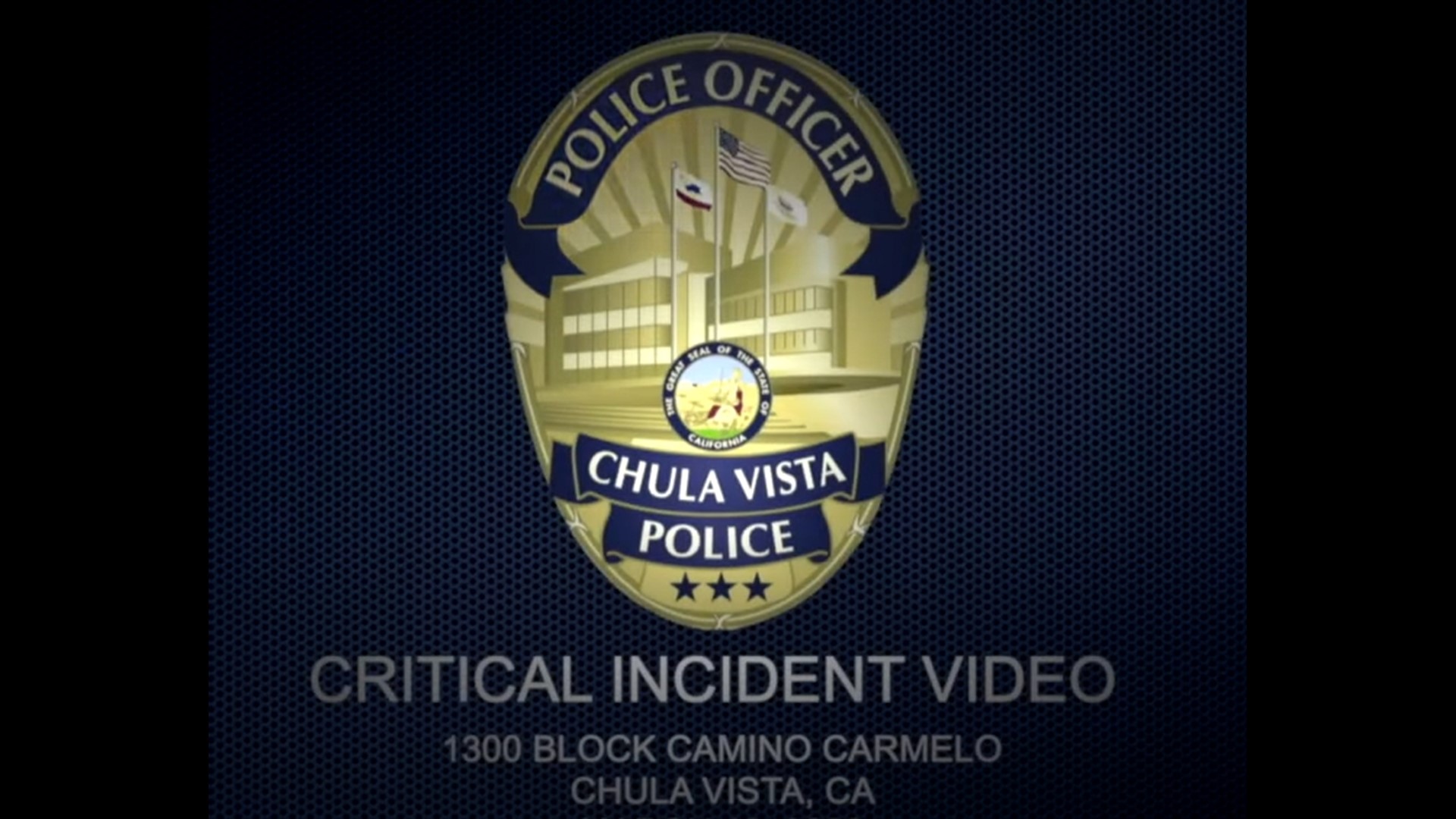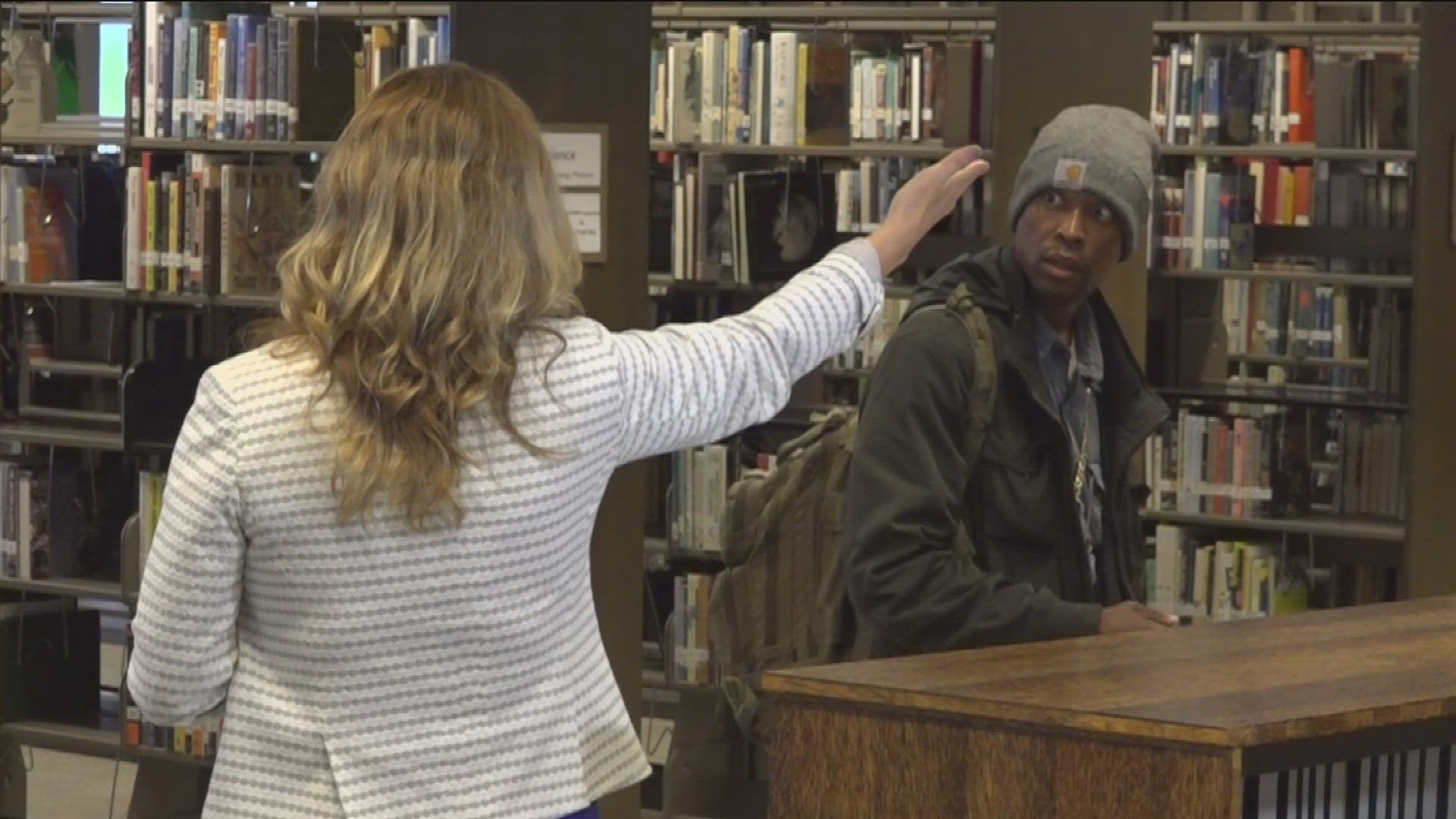CHULA VISTA, Calif. — After more than three years of litigation, a federal jury will now decide whether or not Chula Vista Police Officers used unreasonable force on a 56-year-old man who died a little more than twenty minutes after a May 12, 2020 police call for help.
Attorneys for the family of Oral Nunis as well as outside attorneys for the city of Chula Vista and four of its officers presented the jury with their final arguments today, April 29.
The closing arguments came before a courthouse filled with Oral Nunis's wife, his daughter, his son, and his son-in-law, as well as Chula Vista Chief of Police Roxanna Kennedy and 12 other high-ranking members of the police department.
At issue was whether or not police officers used excessive force on Nunis after his daughter phoned police for a mental health evaluation of her father just before midnight on March 12, 2020.
The plaintiffs say that the police officers were negligent and contributed to the elder Nunis' death while attorneys for the city and the police officers say it was Nunis who caused his death by over-exertion and refusal to make the right choices.
The 911 Call
At the time of his death, Oral Nunis was in the grips of a mental health crisis. Hours before his death, Nunis complained of heart pain and was taken to the hospital where doctors found his heart was normal and prescribed him anti-anxiety medication.
Kimone Nunis told CBS 8 that she woke up the night of March 12 to her father screaming in terror. Kimone, a 13-year active veteran in the Navy who works in crises, told 911 operators that her father was trying to jump from her second-story window.
Kimone and her husband managed to calm her father down. Oral Nunis sat in the doorway of his daughter's upstairs bedroom when a Chula Vista Police Officer arrived on the scene.
Body camera footage shows the officer pulling out handcuffs as he approached the 56-year-old. Nunis told the officer that he would go with him but he didn't want to be handcuffed.
The officer insisted it was policy and then is heard on the radio telling backup and dispatch that Nunis was, "uncooperative."
When the officer again approached Nunis with the handcuffs, Nunis fled downstairs and out into the street.
Within 15 minutes, Nunis was dead.
For a detailed timeline of the events see the timeline below. To watch the body cam footage obtained by CBS 8 click on the video below.
Warning: This video contains graphic and violent content. If you are sensitive to graphic material or find such content offensive, please refrain from watching.
The Court Case
Attorneys for the Nunis family, including high-power civil rights attorneys Carl Douglas and DeWitt Lacy, say the police officers treated Nunis as a criminal and failed to follow protocols when dealing with a mental health call, also known as a 5150 call.
Attorney for the city, Tony Sain, argued that Nunis was violent that night and police acted exactly as their training instructed them to act.
CBS 8 sat in for the trial. During it, both sides presented high-paid experts to dispute the medical aspects of the case.
The plaintiff's experts included Dr. Bennett Omalu, a neuropathologist who claims to have found Chronic Traumatic Encephalopathy (CTE) in professional football players and was played by actor Will Smith in the movie, Concussion.
Omalu testified that the weight of officers on the back of Nunis, who was handcuffed in the prone position, caused a brain injury and eventually led to a hypoxic brain event that eventually caused his death.
On the other side, the city of Chula Vista hired numerous experts including Dr. Theodore Chan, a UCSD emergency room physician who has testified in dozens of in-custody death lawsuits. Chan, a longtime proponent of excited delirium, pointed to his research that found that the prone position is safe and does not place the subject at risk.
The city also hired a biomechanics expert as well as a forensic psychiatrist, at a cost of more than $100,000 for their testimony on the safety of the prone position in police apprehensions.
The jury is expected to reach its verdict in the coming days.




